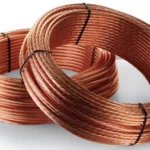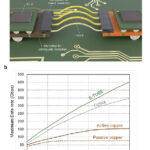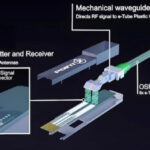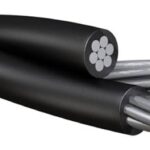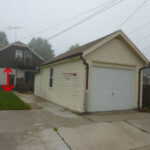Metal wrapped wire is a type of electrical wire or cable that features a protective layer of metal wrapped around its insulated conductors. This metal layer can serve different purposes—such as mechanical protection, grounding, or shielding against electromagnetic interference (EMI/RFI)—depending on the wire’s design.
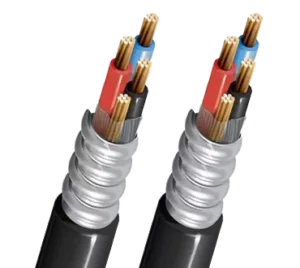
metal wrapped wire
It’s commonly found in industrial, commercial, and specialty applications where durability and safety are top priorities.
Key Characteristics of Metal Wrapped Wire
Protective Metal Layer: Usually aluminum or steel tape, braided copper, or interlocked metal armor.
Durability: Provides resistance against crushing, abrasion, and rodent damage.
Shielding: Reduces electromagnetic interference in sensitive signal and data cables.
Grounding: The metal wrap can act as an equipment grounding conductor in some designs.
Types of Metal Wrapped Wire
Armored Cable (AC Cable):
Uses a flexible spiral steel wrap.
Commonly used in older residential or commercial installations.
Metal-Clad Cable (MC Cable):
Features interlocked aluminum armor around multiple conductors.
Widely used in modern commercial and industrial wiring.
Shielded Wire / Coaxial Cable:
Wrapped with braided copper or aluminum foil.
Used for data transmission, audio/video, and communication systems.
Flexible Conduit with Wires Inside:
Some installations use a corrugated metal sheath (flex conduit) with wires pulled inside.
What Is Metal Wrapped Wire Used For?
1. Power Distribution
Commercial buildings
Industrial facilities
Apartments and condos (where code requires armored wiring)
2. Control and Signal Circuits
HVAC systems
Machinery controls
Security and fire alarm wiring
3. Data and Communication
Coaxial cables for TV and internet
Shielded cables to prevent EMI in sensitive electronics
4. Special Environments
Exposed installations in basements, garages, and warehouses
Areas requiring additional protection from physical damage
Benefits of Metal Wrapped Wire
Safety: Extra layer of mechanical protection
EMI Shielding: Better performance for signal transmission
Code Compliance: Meets NEC/CSA standards for protected wiring
Versatility: Available in many constructions for different applications
Conclusion
Metal wrapped wire is an umbrella term that covers armored, shielded, and metal-clad wiring solutions. Whether used for power distribution, communication, or control systems, its metal wrapping provides durability, safety, and shielding that standard plastic-jacketed wires cannot offer.
When selecting metal wrapped wire, always consider:
Environment (indoor, outdoor, wet, or dry)
Application (power, signal, or data)
Local electrical codes

